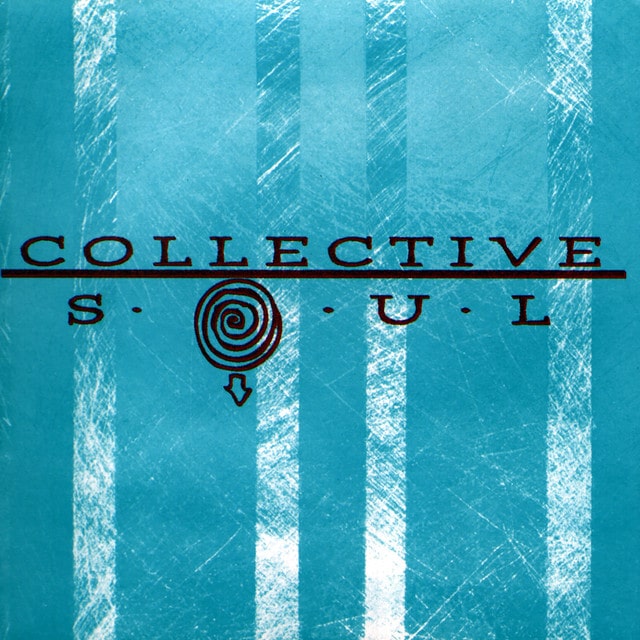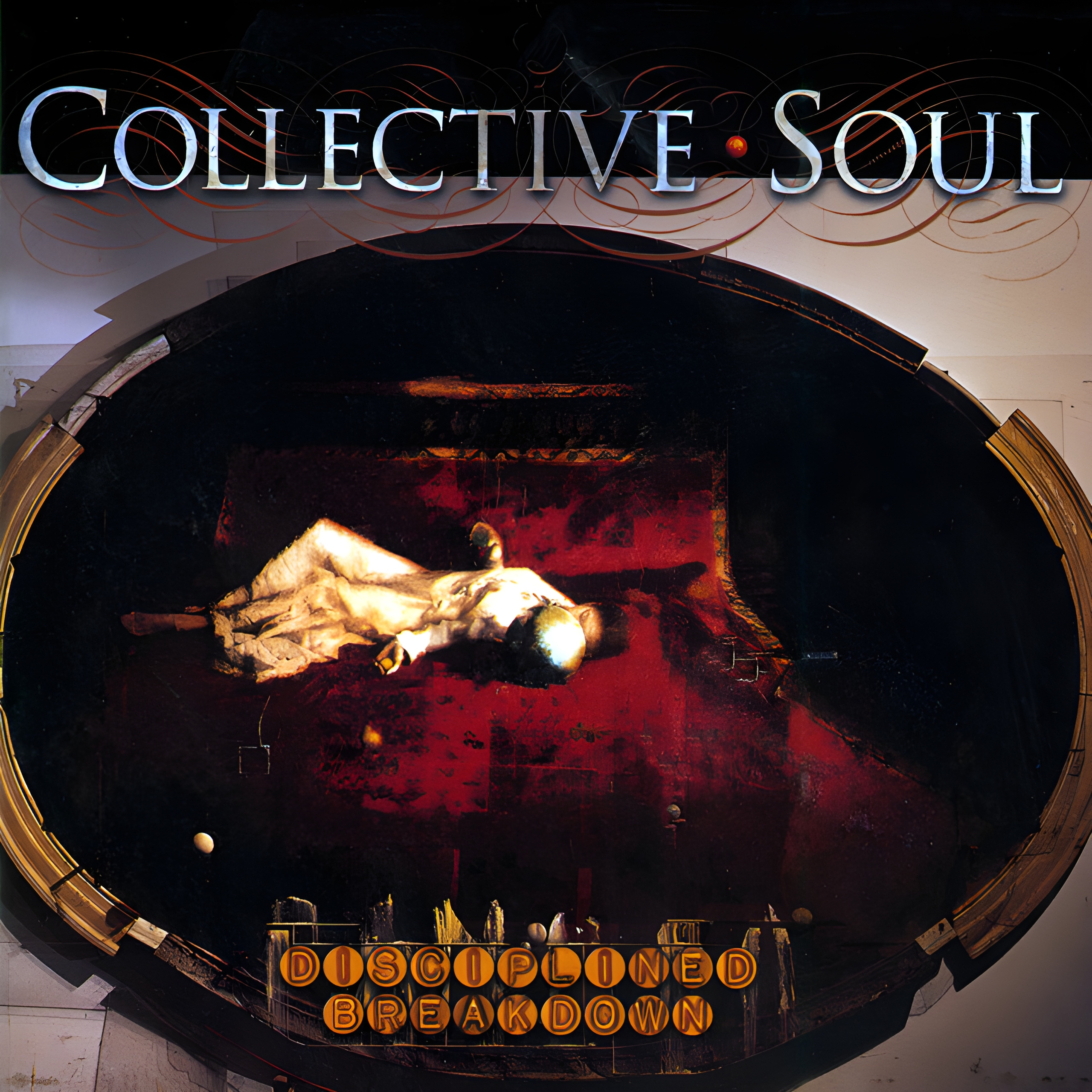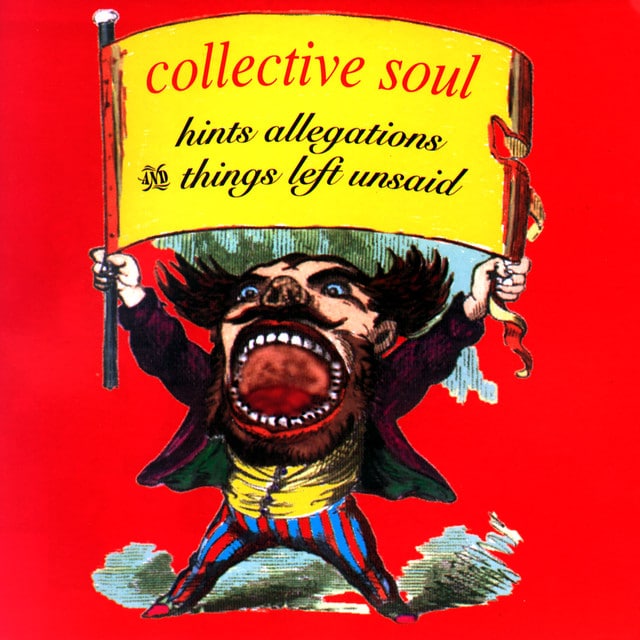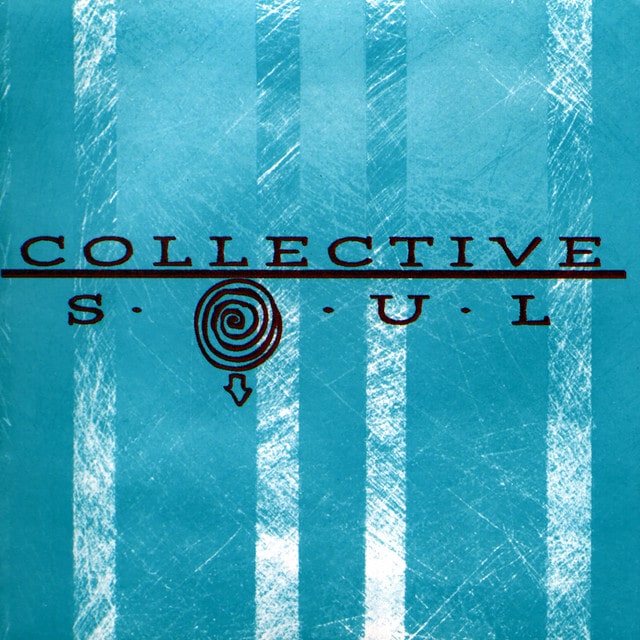Released: 1995
“The World I Know” by Collective Soul is not just a rock ballad; it’s a profound reflection on the human condition, an exploration of inner turmoil juxtaposed with the external chaos of modern life. At its core, the song grapples with themes of isolation, existential contemplation, and the search for hope amidst despair. This analysis aims to peel back the layers of the song’s lyrics, guiding you through the emotional landscape it paints and decoding the poetic expressions that might elude the casual listener.
The song opens with a series of rhetorical questions: “Has our conscience shown? Has the sweet breeze blown? Has all kindness gone? Hope still lingers on.” These lines set the stage for the song’s overarching theme – a lamentation of the perceived decline of humanity’s moral compass, coupled with a faint glimmer of hope. The “sweet breeze” and “all kindness” symbolize the innate goodness and purity that seem to have vanished from the world. Yet, the affirmation “Hope still lingers on” suggests a refusal to succumb entirely to cynicism.
Then, the protagonist finds themselves “Sitting alone in New York City,” drowning in “new-found pity.” This vivid imagery does more than just describe physical loneliness; it captures a sense of existential isolation amid the bustling life of a metropolis. The motif of drinking oneself into pity is a metaphor for self-soothing in the face of overwhelming sorrow and confusion. The line “And I don’t know why” encapsulates a deep, unsolvable existential quandary, the feeling of being lost without answers.
The chorus asks, “Are we listening? Hymns of offering. Have we eyes to see? Love is gathering.” It’s a call to awaken to the beauty and unity that could salvage the world from despair. “Hymns of offering” and “Love is gathering” suggest that amidst the gloom, there are still offerings of love and unity, invisible to those who have lost faith.
The most striking moment comes with “So I walk up on high, And I step to the edge, To see my world below.” This isn’t just a literal edge but a metaphorical one, teetering on the brink of existential crisis and self-reckoning. The protagonist laughs while crying, a poignant expression of the absurdity and pain of their realization. “It’s the world I have known” reflects a resignation to the flawed, melancholic state of the world, acknowledging it while still feeling sorrow.
In these verses and choruses, Collective Soul masterfully weaves a narrative of internal and external conflict, using the personal reflections of the protagonist as a mirror to the societal and existential dilemmas facing individuals in the modern world. Through a blend of poetic imagery and raw emotion, “The World I Know” calls listeners to confront their despair, yet subtly nudges them towards hope and collective love, even when it seems most elusive. It’s a song that speaks to the souls of those who feel deeply the weight of the world, urging them not to give up on themselves or each other, despite the darkness they may perceive.








